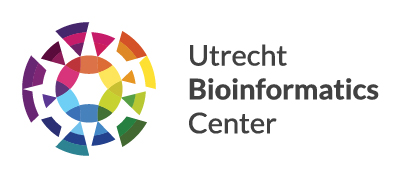Prof. Alexandre Bonvin participates in the BioExcel-2 project, which is a continuation of the successful BioExcel Centre of Excellence for Computational Biomolecular Research that was launched in 2015 with support from the European Research Council. The group of Bonvin (Utrecht University) is internationally renowned for their simulation tool HADDOCK for integrative modelling of biomolecular complexes, that currently has over 11,500 users in 96 countries). Further HADDOCK developments will be supported from the 1 million budget the Utrecht group is getting out of this 8 million H2020 project.

Key role for computational techniques
Life Sciences have become increasingly digital and this is accelerating. Computational techniques play key roles in processing, analysis and generating new knowledge from experiments, even in replacing them. This has been enabled due to tremendous advances in techniques such as docking and molecular simulations at both atomistic and quantum levels to which world-leading European research and software are contributing.
Improving and expanding
To exploit the great computational power necessary in academia and industry, significant efforts on software efficiency, scaling, usability and education are needed. This is the mission of the BioExcel Centre of Excellence for Computational Biomolecular Research. It has made significant contributions by focusing on highest-impact European codes, workflows and an extensive, international education program. BioExcel-2 will continue and expand this work, with a focus on Exascale impact, improved usability, expanded training and commercial applications, while strengthening its user-driven governance.
Biomolecules and daily life
Pushing computational capabilities towards Exascale will advance the area, enabling researchers to tackle increasingly complex questions related to biomolecules’ function, mechanisms, dynamics and interactions. This will impact on our daily life, in health, for the development of new drugs and efficient drug delivery methods, in biotechnology, environment, agriculture, food industry and education.

